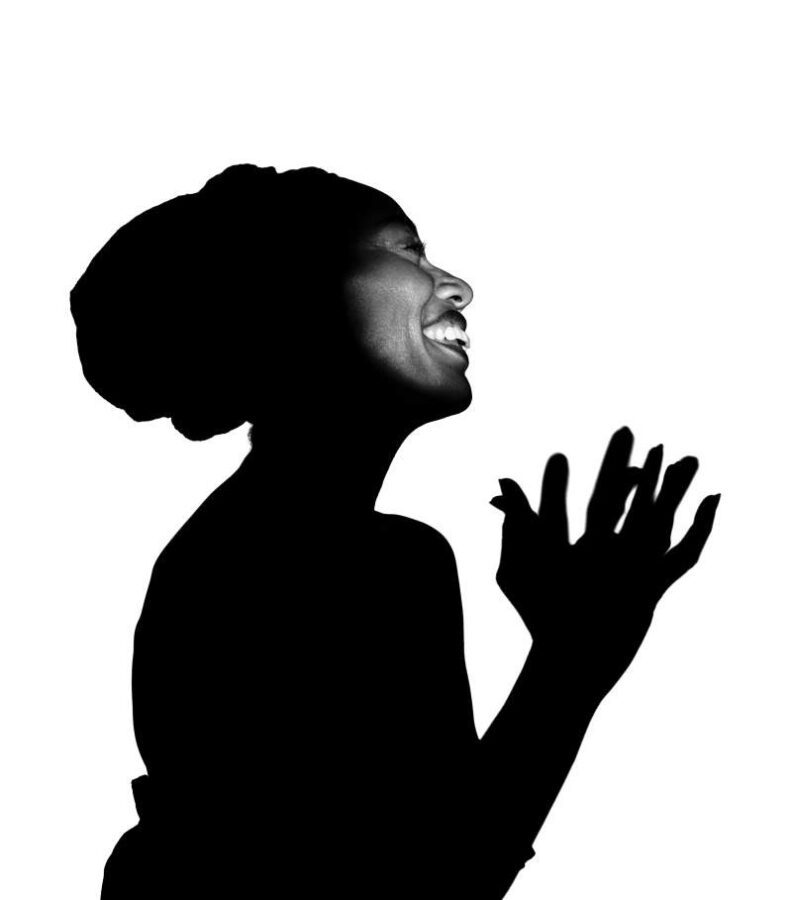Forgotten Dairies
Ngwaland; My Pride, My Origin (Vol. 1) -By Chinwendu Chinonyerem Emmanuel

Villages on the left bank of Imo are inhabited by
Ibibios, who once received Ngwa Ukwu (Diobu)
and his brothers. After the Ngwa Ibibio war,
Ngwa Ukwu settled at what is now the village of
Umuolike where he also established his ancestral
shrine. ‘Aba Ngwa’ in a small hut ‘Okpu’ which is
today the capital of Ngwa-land called ‘Okpu-Ala
Ngwa.’ For many years, those three brothers
dwelt around Okpu-Ala Ngwa in peace; but as
their families increased in number, they moved
apart in different directions.
There is a serious attempt by other groups who share
similar language with Ngwa to claim Ngwa.
**Geographical setting**
The area covering old Aba Ngwa division is
situated in the tropical rain forest of southern
Igbo plain in the present Abia State of Nigeria. It
has a population of over 1.8 million people; and
an area of little over nine hundred square miles
(2,300 km2). This area is bounded on the north
by the present Umuahia zone, on the west by
Owerri and Mbaise, on the east by Ikot-Ekpene
and Abak and on the south by Ukwa. Important
waterways are: Imo river to the south and west,
Aba or Aza River that rises at Abayi and flows
south through Aba township into Imo river at a
point near Okpontu. Around Nsulu to the
northeast, there are two minor rivers; namely:
Otamiri and Ohi.
At no point does the land rise above an elevation
of 50 feet. The people are largely industrialist,
entrepreneurs and farmers, producing yams,
cassava, cocoyam, maize and other tropical farm
products. Major rural industries include garri and
palm produce; in addition to: Akwete cloth
weaving in which women from Ihie area were
engaged.
The old divisional headquarters was
Aba, a very important commercial and industrial
centre; with major population concentration in:
1. Aba,
2. Mgboko ,
3.Osisioma,
4. Umuoba ,
5. Owerrinta,
6.Nbawsi,
7.Nvosi and
8.Okpu-Ala-Ngwa.
Modern day Ngwa land is divided into: Obi-Ngwa,
Aba-Ngwa, Isiala-Ngwa, Osisioma-Ngwa; spread
within Abia State: Nigeria, as LGAs: Local
Government Areas; namely:
1. Aba North ,
2. Aba South,
3. Isiala Ngwa North
4. Isiala Ngwa South,
5. Obi Ngwa ,
6. Ugwunagbo
7. Osisioma Ngwa.
8. Ukwa East
9. Ukwa West
**Ngwa and Nigerian civil war**
Accordingly, it is said that during the Nigerian
Civil War, Ngwa people suffered a lot like every
other Igbo region in eastern Nigeria. Children
suffered from kwashiorkor which came from
malnutrition and the adults struggled to survive.
The struggle for healthy eating continued until a
chief reported to be Josiah Duruem Nwangwa
began to collect supplies from various
organisations; making his home a relief station
for the purpose of helping Ngwa people survive
during the Civil War. “Great suffering was
experienced in the northern Ngwa region, which
formed part of the Biafran ‘siege economy’
during the period between May 1968 and
December 1969.”
‘The Ngwa clan is a confederation of village-
groups which claim common ancestry. It is
headed by Eze-Ala-Ngwa (“chief priest of the
earth goddess of Ngwaland”) or. Onye-Nwe-Ala
(“the owner of the land”). The symbol of
authority of the priest is. called Ofo-Ala-Ngwa.
Ngwas have one custom, tradition and culture
which we now refer to as ‘Ome na-ala-Ngwa’. He
believe in the supreme deity (God), but he
equally believed in the lesser deities, for
example: Ala (mother earth) Ofo-La Ogu (god of
right doing) Ihi Njoku (god of yam), and amadi-
Oha (god of thunder).
Do Ngwa and Abiriba People Still Eat Humans?
There’s this notion and history that the Ngwa
people and Abiriba, both communities in Abia
state eat human flesh. It is always making
the news that they feed on human flesh
especially that of strangers.
More so, after some series of research, some
Ngwa people made it known that they do not
eat human flesh, rather, they use strangers
as sacrifice during a particular yearly festival.
Like they spoke, “This is actually the time of
year in which we have the Odongo festival. It
is a festival where we singe the flesh of an
unsuspecting stranger in the local community.
In the past, it was performed openly in the
okasaa”.
So this actually implies that they use the
human flesh for some purposes like using
them as medicine, sacrifices and so on.
Which Christianity has demolished such act of behaviour in Ngwaland and nothing like flesh feeding of humans exist any longer.



















